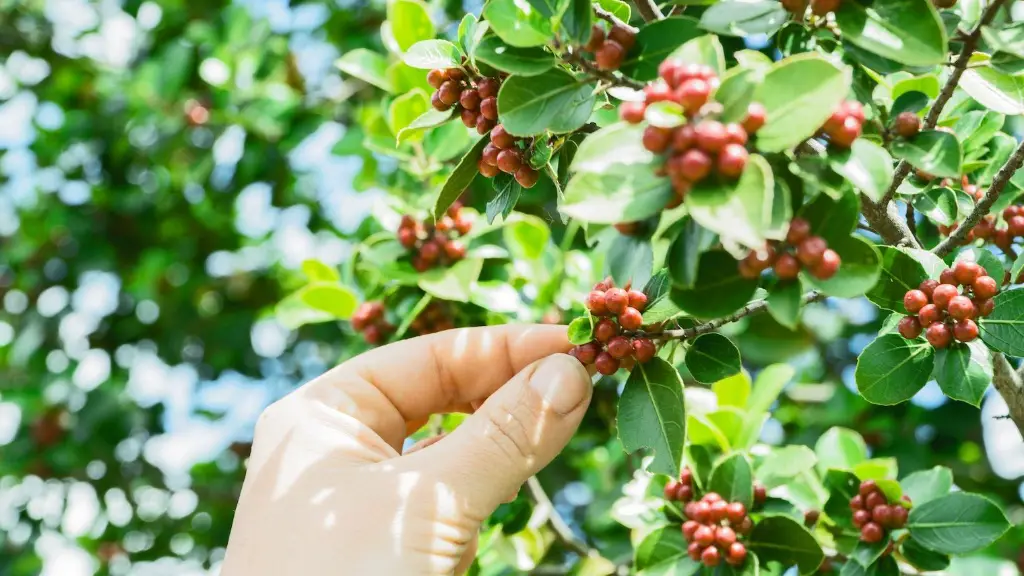Coffee and Exercise: Is it a Good Idea?
It is widely known that caffeine can boost alertness, improve focus, and increase energy. It has also been proven that caffeine can increase exercise performance. This has brought on the question, if it can help us exercise better, then is it ok to drink coffee before we go to the gym?
Experts say that for those who are looking for the health benefits that regular exercise provides, adding caffeine beforehand to the mix may not be the best idea. A lot of people assume that a cup of coffee from the local coffee shop or a can of energy drink before going to the gym will increase performance. Although, the effects of caffeine on athletes’ performance and endurance are very different from that of sedentary individuals.
The National Center for Biotechnology Information (NCBI) says that although caffeine supplementation can acutely enhance performance and artificially support intensity, it will not provide the same benefits in the long run. According to the medical journal, the intake of coffee before exercise can lead to an increased heartbeat, increased systolic blood pressure, dehydration and loss of electrolytes, fatigue, vertigo, nausea, and even syncope due to hypotension.
Caffeine is definitely not suitable for everyone. If you’re new to exercising or have any underlying medical condition then drinking coffee before hitting the gym could be bad news. Especially if drinking coffee causes nausea or other symptoms, it might be best avoided before exercise.
There are also some studies that suggest that drinking coffee affects sleep patterns. We all know how important good quality rest is to our overall health and performance at the gym. If we’re not giving our bodies the rest it needs we’re not giving our bodies the chance to fully recover and take advantage of the benefits of exercise.
Coffee and Exercise: Effective Alternatives
If you’re looking for alternatives to coffee before hitting the gym, you’re in luck. There are plenty of more beneficial and suitable options out there for you.
Eating a small meal about an hour or two before your workout routine is always a good idea. Eating organic whole-grains, nuts, and fruit will provide your body’s energy store with enough fuel to keep you going throughout your workout.
Another great, and completely natural, alternative to coffee is drinking green tea. Green tea helps with alertness and focus and is great for fitness. It helps to promote fat-burning and the antioxidants can help reduce fatigue during long workouts, but with much less caffeine than coffee.
Even snacking on a banana or apple can give you enough energy to get through a vigorous gym session. Its natural sugars will give you just the right amount of energy boost, also helping with regulation of electrolytes in the body.
Can I Drink Coffee After My Gym Session?
Drinking coffee after a workout has become increasingly popular in recent years. One particular study conducted by NCBI looked at the effects of having coffee after exercise on muscle glycogen resynthesis- the process in which the body refuels its energy stores.
The study found that consuming coffee after exercise resulted in greater restoration of muscle glycogen than consuming just water after exercise. So, if you’re looking to quickly replenish your body’s energy levels after a hard workout session then coffee may be a good option for you. This is because. caffeine aids in the absorption of glucose and stimulants receptors in the body which increase the rate at which muscle protein is synthesised.
The Benefits of Coffee for Athletes
Athletes, who put their bodies under a lot of stress, can benefit from the mental and physical boost that consuming coffee can provide. Moderate doses of caffeine can reduce fatigue, enhance performance and help the athlete to focus on the task at hand.
Caffeine however, is a stimulant and like any stimulant should be taken in moderation. Consuming more than 400mg of caffeine a day can have some adverse effects on physical and mental health. So, it’s important to make sure that your caffeine intake is low to moderate in order to get the most benefit.
Drinking coffee after exercise, combined with a good quality diet and adequate rest, can help you to optimally benefit physically and mentally from your gym routine.
Coffee and Exercise: Final Thoughts
Before deciding whether or not you should consume coffee before exercising, it is important to take into account both the positive and negative effects of caffeine consumption. There are many alternatives out there that would be better for you than coffee, for example natural whole-grains and green tea.
For athletes, having a small cup of coffee after exercise can help to restore muscle glycogen levels, reduce fatigue, and improve focus. However, it is important to keep in mind that everything in moderation is key. If taken in moderation the benefits of drinking coffee outweigh its risks.
Effects of Caffeine on Performance
When it comes to the effects of caffeine on performance, research shows that it is beneficial in a variety of ways. A study conducted by the NCBI compared the effects of caffeine to that of a placebo during exercise. The results revealed that caffeine showed an increase in performance up to as much as 5.3%.
This increase in performance due to caffeine translates to a decrease in the amount of time required to complete the exercise and an increase in muscular endurance. However, the effects of caffeine can vary between individuals, with some athletes experiencing little to no effect, while others experience significantly improved performance.
Caffeine and Heart Rate
Caffeine does raise heart rate. This is because, it is a stimulant and when taken in large amounts, it can cause a spike in heart rate. This is why it is important to take moderate to low doses of caffeine when it comes to exercise. The effects on heart rate caused by caffeine vary from person to person, so it is important to find out what works for you and your body.
Some studies also suggest that taking caffeine can lower the rate at which your heart rate returns to its resting state after exercise. This means that it may take longer for your heart rate to return to its normal rate and could also indicate that more rest is needed post-exercise.
Caffeine and Hydration
Caffeine is a diuretic, which means it encourages dehydration. Dehydration can lead to fatigue and cramps, which can inhibit your performance during exercise. To stay hydrated it is important to consume a lot of fluids both before and after exercise.
If you are going to drink coffee before your workout session, it is important to remember to drink plenty of water afterwards to rehydrate. This is essential to allow your body to recover correctly and optimally after your workout session.
Coffee Before or After Exercise: Which is Better?
When it comes to coffee before or after exercise – it really depends on your individual needs and goals. For example, if you are looking to increase performance, then consuming caffeine before exercise may be beneficial. However, if you are looking to restore your body’s energy stores after exercise, then drinking coffee afterwards may be better.
Ultimately, drinking coffee in moderation and ensuring you are getting all the essential nutrients your body needs are key to maximising the benefits of exercise. Find out what works for you and gives you the most benefit.


